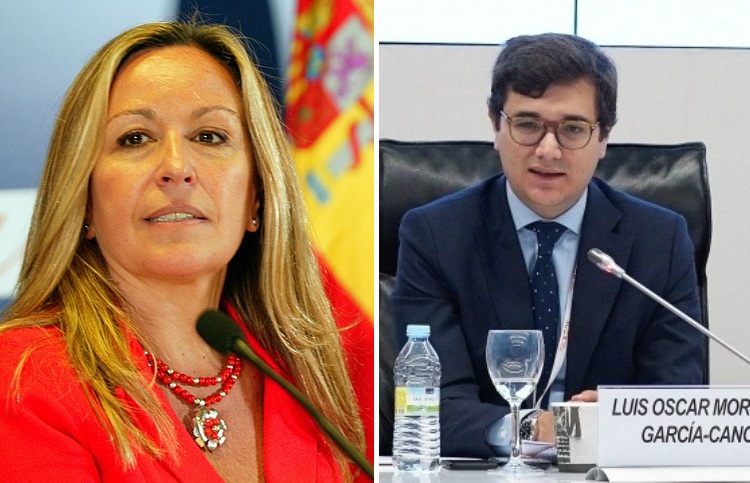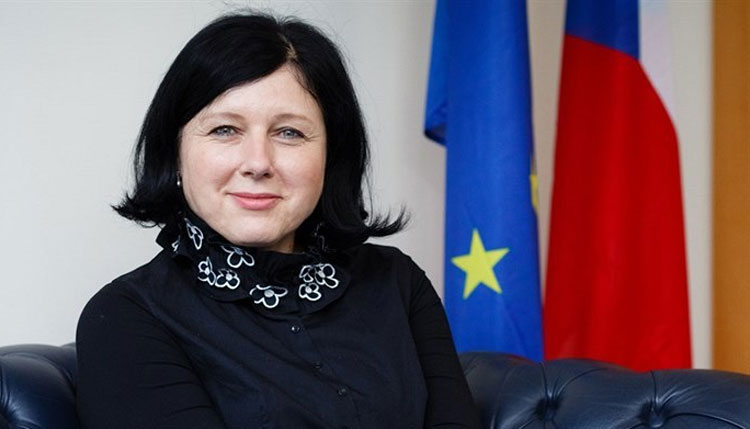The Diplomat
The Diplomatic School has scheduled a free online course on international economics for 10 to 18 February, aimed at the general public interested in the subject and, preferably, civil servants.
“The Diplomatic School has brought together professors, business executives, financiers, senior officials from international organisations and people who have held high government responsibilities in our country”, the Ministry of Foreign Affairs announced yesterday.
The course The global economy in times of COVID will be held over six days, between 10 and 18 February, in sessions from 17:00 to 20:00. There will be no sessions on Fridays. One of the sessions will be in English and the rest in Spanish. Enrolment is free and a certificate of attendance will be issued provided that 95% of attendance is completed. Those interested should send an email to escuela.cursos@maec.es by 14:00 on 3 February and the list of those admitted will be published on the School’s website on 5 February.
According to the programme, the first day will feature the participation of Trinidad Jiménez, former Minister of Foreign Affairs and Director of Global Strategy for Public Affairs at Telefónica, who will speak on The international situation at the beginning of 2021, and Luis Óscar Moreno, Director General of International Economic Relations at the Ministry of Foreign Affairs, who will speak on Economic Diplomacy as an axis of external action.
“The international economy is interdependent and complex”, stated the Diplomatic School in a press release. “If the sneezing of important economic agents used to provoke the sniffles of others across continents and economic cycles, this year of living with the virus has made virtually every economy on the planet sneeze and fall ill, seeing contractions in activity with few, if any, precedents”, it continued.
“2020 closed with better expectations than prevailed for much of the year in the face of the agonising health crisis”, the Diplomatic School said. “Despite being one of the largest recessions historically, the mid-year projections of an almost 20% drop in global output were not confirmed”, and 2021 “began with expectations of relief and growth in public health and the economy, but also with a new and deep wave of contagions that have put a point of uncertainty in the evolution of the economy”, it added.
In these circumstances, “domestic economies, states and international markets face, without yet knowing key variables at the beginning of the year, the task of recovery”. For this reason, “this course on international economics in times of COVID wants to delve into the possible evolution of these variables and the instruments for dealing with them, both in Spain and in the euro zone, in international markets in general and in regions, such as the American (North and South), of interest to all”, it concluded.







